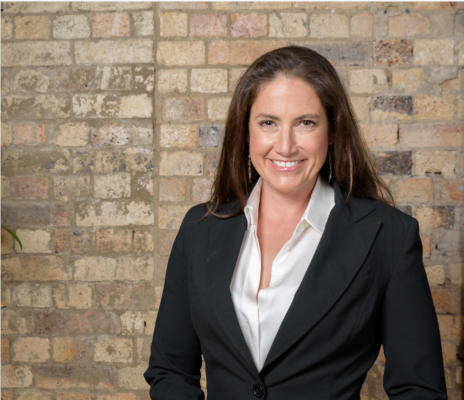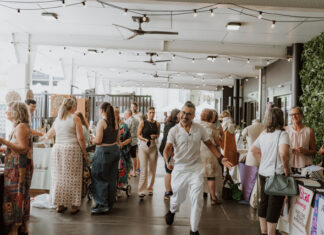The Noosa economy is powered by small and micro-businesses – around 7400 of them, predominantly across construction, tourism, hospitality and retail sectors. They are typically sole traders, ‘mum and dad’ businesses, and 89 per cent employing four employees or less.
These are the local people who do the heavy lifting. They are the restaurateurs, plumbers, sparkies, newsagents, café owners, boutique owners and the many others who work long days to keep the Noosa brand strong and our Shire thriving.
They provide jobs, they buy locally, they service visitors and their joint efforts create and drive forward the Noosa lifestyle we all love.
For the last 18 months, these are the people who have borne the brunt of the lockdowns and restrictions imposed by the Queensland Government. Most of these frontline businesses don’t have much in reserve. There’s no working from home for many of them.
If they can’t open their doors, they don’t have customers, cash flow or the security of a regular income.
All those stop, but what doesn’t stop are loan and mortgage repayments, overheads like rent and insurance and the anxiety about what will happen next. What if the money runs out?
Across Noosa, hospitality, retail and accommodation businesses have experienced more than a 40 per cent decrease in revenue compared to how things were pre-Covid.
To add insult to injury, small business has been forced, without any compensation, to deep clean their businesses on demand, collect data for the government on Covid check-ins and, with new restrictions next month, administer public health directives.
On Friday 17 December, maybe sooner depending on vaccination rates, small businesses will be required to “take reasonable steps to enforce the restrictions” including asking for evidence of vaccination from customers at the time of check-in and asking people to leave the premises if they cannot or refuse to provide this evidence.
There has been anger and distress voiced by small businesses across Noosa by these additional burdens.
In one case known to me, a restaurant owner, already short on staff because of closed borders, faces closure because it’s impossible to secure the services of a chef.
A real estate agent expressed concern about having to sack staff, or have them resign, because of the demand to enforce the discriminatory public health orders.
And in another case, an accommodation provider preferred to close her doors rather than subject staff or customers to a policy which she told me “is un-Australian and goes against her values”.
While big business can afford to lose a few staff or customers without being rocked to their foundation, small business cannot. Nor can they afford to pay a fine of up to $13,785 for not complying with a health order.
That kind of money can put a small business right out of business and its owners in debt.
So our small businesses face the shocking double-whammy of both enforcing the health restrictions and incurring losses resulting from having to refuse service to paying customers.
And add to this the heartbreak of having to sack capable, hard-working staff.
Small business owners and their staff are neither police nor public health officials. They can’t afford to lose money, customers or employees. They should not be expected to employ additional staff, or even security people, to perform difficult and unpaid work on behalf of the government.
It’s not right that the Queensland Government is shifting the responsibility and costs of its own decisions to business owners and their staff to deal with what is a public health issue.
It’s time to speak up and let them know how we feel – before more Noosa businesses close, livelihoods are lost and people’s lives are shattered. You can email thepremier@premiers.qld.gov.au and noosa@parliament.qld.gov.au.
Leigh McCready is a local businesswoman, most recently general manager of Altum Constructions’ Great Keppel Island resort re-building project. She has leadership roles in a number of community associations in Noosa Shire and is chair of LNP Noosa.








